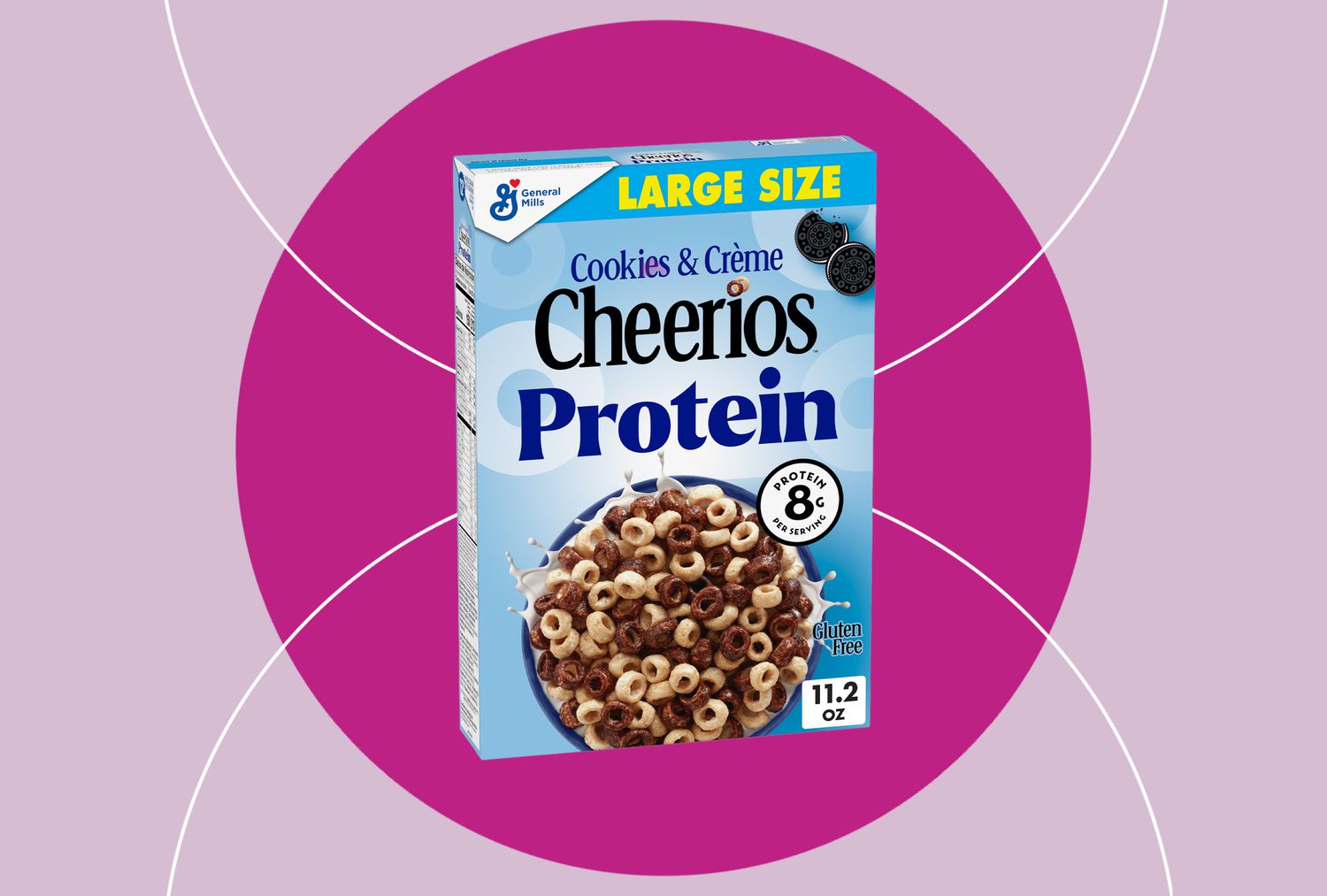
Are You Getting Enough Glutamine? 3 Essential Benefits To Know
Glutamine is the most abundant amino acid (protein “building block”) in the body. It’s needed for many critical processes, such as immune function and the regulation of inflammation.
Glutamine is categorized as a conditionally essential amino acid, meaning it becomes essential under specific conditions, such as illness, injury, or pregnancy.
Your immune system consists of a complex network of cells, many of which depend on glutamine to function well.
Certain immune cells use glutamine at a very high rate. These include T lymphocytes (T cells), white blood cells that protect your body from infection and fight certain diseases like cancer.
Glutamine is needed for optimal T cell production and to produce cytokines. Cytokines are proteins made by T cells and other immune cells that are a key part of immune defense. This is why your body needs extra glutamine during illness or when recovering from trauma, like surgery.
Glutamine plays a critical role in gut health, specifically in maintaining the integrity of the gut barrier. The gut barrier helps prevent pathogens (disease-causing bacteria and viruses) from moving from the gut to the bloodstream.
Enterocytes—cells that line the inner surface of the intestines—depend on glutamine for energy. The intestines use around 30% of the body’s total glutamine and compete with other organs for glutamine stored in the body and delivered through dietary sources.
Glutamine helps maintain the integrity of tight junctions by regulating tight junction proteins. Tight junctions are barriers that protect your gut from external threats like toxins and viruses. A deficiency in glutamine impacts gut barrier function, leading to increased gut permeability (a weaker barrier).
Studies show that glutamine supplementation is beneficial for people with impaired gut barrier function, such as those with irritable bowel syndrome (IBS).
Another way that glutamine protects and supports gut health is by regulating intestinal inflammation. This is especially important for people with inflammation-mediated health conditions, such as inflammatory bowel disease (IBD).
The body needs high levels of glutamine during illness and injury due to the amino acid’s important role in immune health. Glutamine provides fuel for white blood cells, which protect your body by fighting off infection and helping you heal.
Glutamine is commonly used in medical settings, such as in intensive care units, to treat people with critical illness as well as those recovering from major surgery and trauma.
When your body is under intense stress from illness or injury, glutamine levels fall drastically, and your body’s need for glutamine significantly increases. Studies show that delivering glutamine through a vein or feeding tube to people who’ve undergone trauma, such as severe burns, helps reduce infection, death, and average length of hospital stay.
People also require more glutamine during pregnancy because the amount needed for fetal growth exceeds what the body can provide. For this reason, glutamine is considered conditionally essential during pregnancy. Typically, eating more protein helps supplement your body’s increased glutamine demands during pregnancy.
Glutamine is found in many foods and is also produced naturally by the body.
An average person produces 40-80 grams of glutamine per day, which covers the body’s needs. Several foods contain concentrated levels of glutamine, and the average person consumes about 3-6 grams of glutamine per day.
Glutamine is considered conditionally essential, meaning your body typically makes enough. However, in specific circumstances like critical illness, the body’s need for glutamine exceeds what it can produce, and supplemental glutamine is necessary to maintain optimal levels.
Glutamine is found in protein-rich foods, including plant and animal proteins.
Here’s the percentage of total protein found as glutamine in several common foods:
- Corn: 16.2%
- White rice: 11.1%
- Tofu: 9.1%
- Milk: 8.1%
- Beef: 4.8%
- Eggs: 4.4%
Eating a well-rounded diet that includes plenty of plant- and animal-based proteins will help you maintain optimal glutamine levels.
Under specific circumstances, such as during illness, while pregnant, or when experiencing inflammatory conditions, eating a higher-protein diet or taking glutamine supplements may be required to meet glutamine demands.
Supplements
As mentioned above, glutamine supplements or glutamine delivered through a vein or feeding tube may be required under specific circumstances.
In addition to glutamine supplements used in medical settings, some people supplement with glutamine for specific reasons. For example, glutamine supplements have been shown to benefit people who undergo significant physical stress, such as endurance athletes.
Some research suggests that glutamine supplements can help reduce muscle damage caused by exhaustive exercise. Studies show that glutamine supplements may help reduce markers of muscle damage, including creatinine kinase, in people undergoing intensive training.
Glutamine supplements have been associated with several other health benefits, such as improving inflammatory status in certain populations, like older people and people infected with COVID-19, and reducing certain heart disease risk factors, like high blood sugar.
Though dosing varies, glutamine is usually supplemented in 2–40 gram doses per day.
When taken as a dietary supplement or when administered in a clinical setting using a vein or feeding tube, glutamine is considered safe and isn’t associated with dangerous side effects.
However, research on the safety and side effects of long-term glutamine supplementation is limited. More studies are needed to assess the long-term health effects of glutamine supplements.
The safe recommended upper dose for long-term glutamine supplementation is 14 grams per day. No adverse side effects have been reported with glutamine doses as high as 45 grams per day.
If you’re interested in taking glutamine, it’s best to speak with a healthcare provider, especially if you have a health condition or are taking medications.
Interactions
Though glutamine is a relatively safe supplement, some health institutions recommend avoiding glutamine if you’re taking certain medications.
Glutamine may interact with the following drugs:
- Lactulose: Lactulose is a medication used to reduce ammonia levels in people with liver disease. Glutamine may reduce this medication’s ability to lower ammonia levels.
- Methotrexate: Methotrexate is a drug used to treat cancer and some autoimmune conditions, such as rheumatoid arthritis. Glutamine may increase the effectiveness of methotrexate, which is why people taking this medication should discuss glutamine supplements with their healthcare provider.
Glutamine may interact with other medications, so be sure to check with your provider before taking glutamine if you’re concerned about potential side effects.
Glutamine is an amino acid that’s naturally produced by your body and found in several foods. It plays important roles in immune and digestive health.
Your body usually produces all of the glutamine you need. If needed, you can find glutamine in protein-rich foods or supplement with glutamine.










